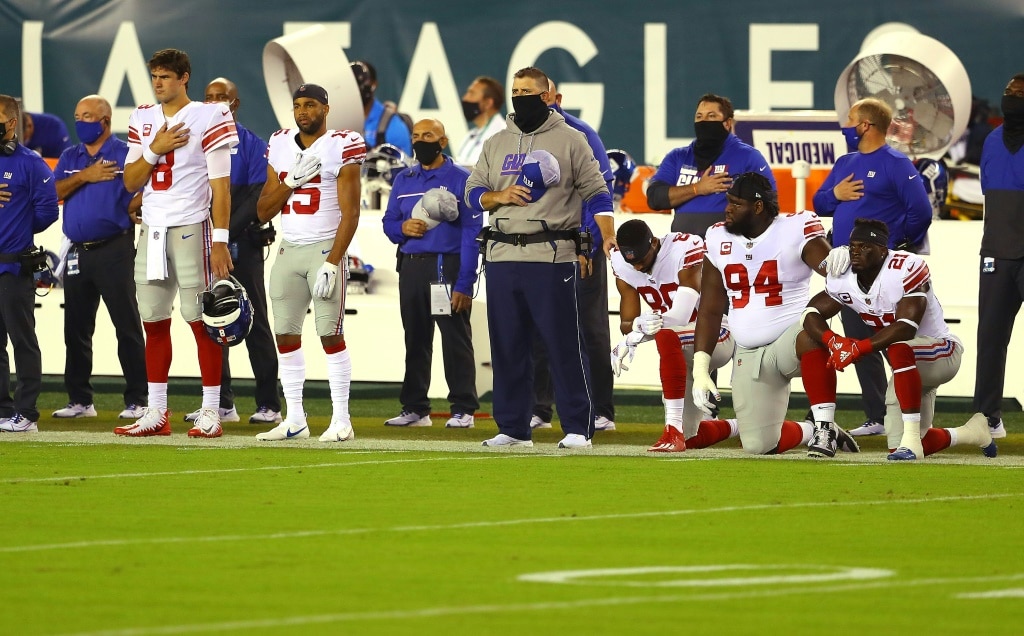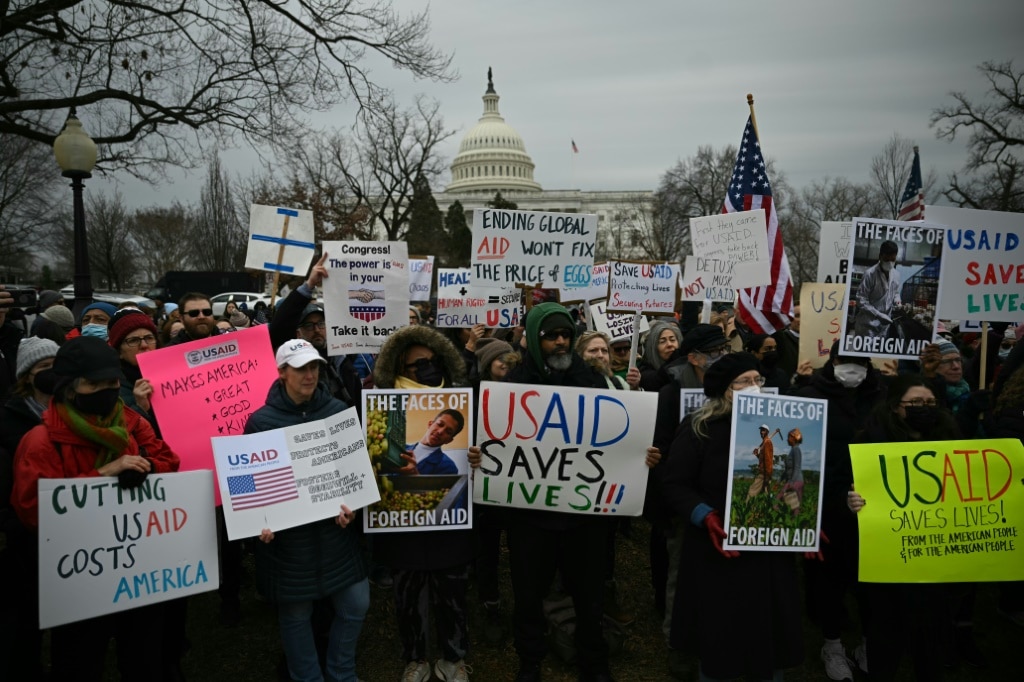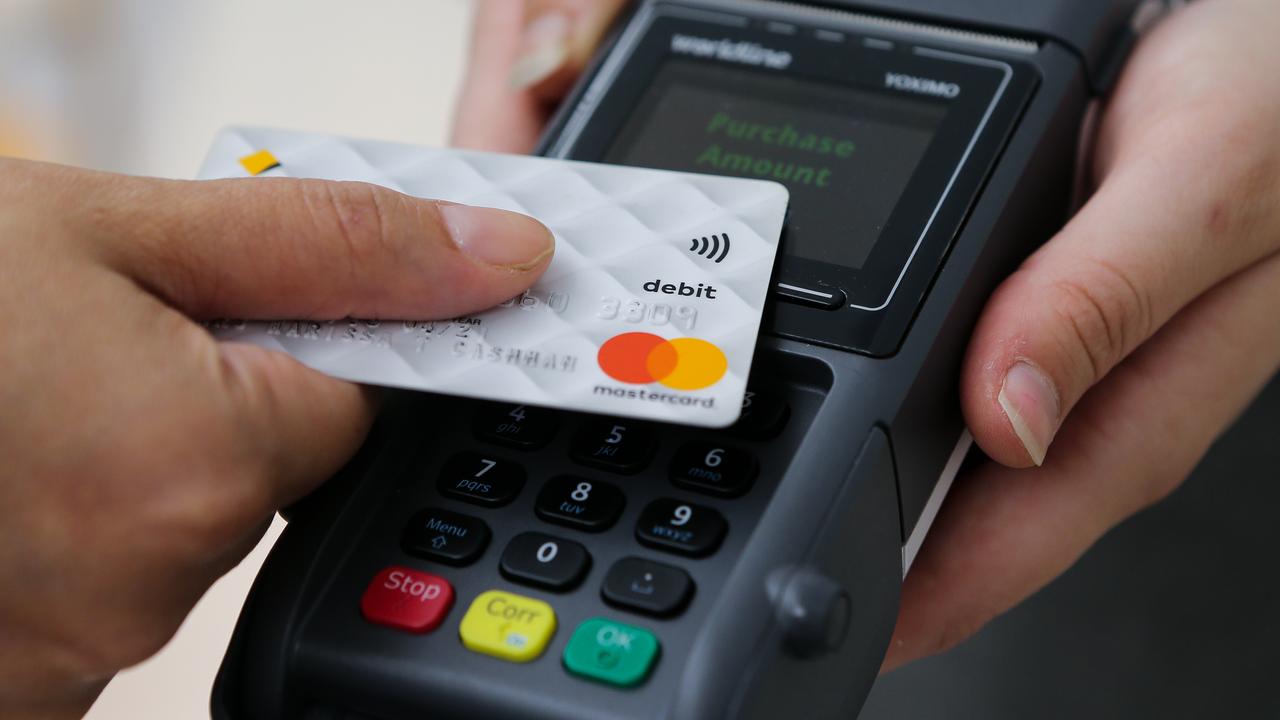Sport and politics entwine as Trump makes historic Super Bowl visit
Sport and politics entwine as Trump makes historic Super Bowl visit

Donald Trump will make history on Sunday when he becomes the first sitting US President to attend the Super Bowl, writing a new chapter in an often-strained relationship with the NFL that has been marked by decades of animosity.
A keen sports fan, Trump's links to America's most popular sport stretch back to the early 1980s, when he first sought to join the exclusive club of NFL team owners by attempting to purchase the Baltimore Colts.
Thwarted on that occasion, he went on to buy a team in the United States Football League (USFL), set up as a spring-summer alternative to the autumn-winter NFL.
Trump was subsequently the driving force behind an acrimonious lawsuit filed by the USFL which accused the NFL of operating a monopoly, with the goal of forcing a USFL-NFL merger.
Although a jury found in favor of Trump's USFL, the league was awarded only $3 in damages, effectively leading to the league's decision to close in 1986 amid multi-million dollar losses.
Trump's first presidential term, meanwhile, witnessed a series of running battles against the NFL and its players, most notably following Colin Kaepernick's decision to kneel during the playing of the US national anthem in protest at racial injustice.
"Wouldn't you love to see one of these NFL owners, when somebody disrespects our flag, to say, 'Get that son of a bitch off the field right now. He's fired!'" Trump roared at a September 2017 rally in Alabama.
That led to a wave of player protests across the NFL, with more than 200 players kneeling during the national anthem in solidarity with Kaepernick and in defiance of Trump's rhetoric.
"Divisive comments like these demonstrate an unfortunate lack of respect for the NFL, our great game and all of our players," NFL commissioner Roger Goodell said in response to Trump's remarks.
Several teams from the NFL and other sports opted to skip the traditional White House reception offered to championship-winning teams in a snub to Trump.
The Philadelphia Eagles, Super Bowl winners in the 2017-2018 season, were disinvited by the White House after several players said they would not attend.
- Sporting foothold -
Yet just like the expansion of his electoral base during the presidential campaign, Trump has gradually found a foothold in sport over the past year.
On Monday he welcomed the Florida Panthers ice hockey team to the White House in recognition of their National Hockey League championship victory last season.
A day later, the White House confirmed that Trump would become the first US president to attend the Super Bowl in person, joining around 74,000 other fans at Sunday's showpiece between the Kansas City Chiefs and Philadelphia Eagles.
Amy Bass, a professor of sports studies at Manhattanville University in New York, says Trump's decision to attend the Super Bowl is "political."
"Even if he is going because he loves football ... it is a political move because he is the president of the United States and everything he does is political," Bass told AFP.
Some have interpreted the NFL's decision to remove the words "End Racism" from the end zone at this weekend's Super Bowl as a concession to the "anti-woke" stance of the new Trump administration.
However NFL chief Goodell insisted on Monday that the league remained firmly committed to diversity programs, despite the Trump administration's calls for similar initiatives in government and elsewhere to be scrapped.
"We got into diversity efforts because we felt it was the right thing for the National Football League ... we've proven to ourselves that it does make the NFL better," Goodell said.
Players at Sunday's Super Bowl have reacted positively to Trump's attendance, with Chiefs tight end Travis Kelce calling it a "great honor."
That could potentially lead to some awkwardness between Kelce and his pop icon girlfriend, Taylor Swift. Swift endorsed Trump's election rival Kamala Harris last year, prompting Trump to write on social media: "I hate Taylor Swift."
The Super Bowl's high-profile halftime concert on Sunday could also be an opportunity for anti-Trump sentiment, with rapper Kendrick Lamar, who has been critical of the president in the past, headlining the show.
Bass wonders how fans at the Superdome might respond on Sunday, given the Eagles' recent history with Trump following the 2018 row.
"Here's the thing about using a stadium or a ball park as a political arena: you have absolutely no idea what the crowd is going to do, because you, the politician, are not why anyone is there," Bass said.
"You'd be hard pressed to find a city that hates Donald Trump more than Philadelphia, so....might they be disrespectful? Yes. And that's a shame. Because the office of the president deserves respect.
"But Donald Trump changed the rules on respect, so all's fair."
tu/rcw/bb



